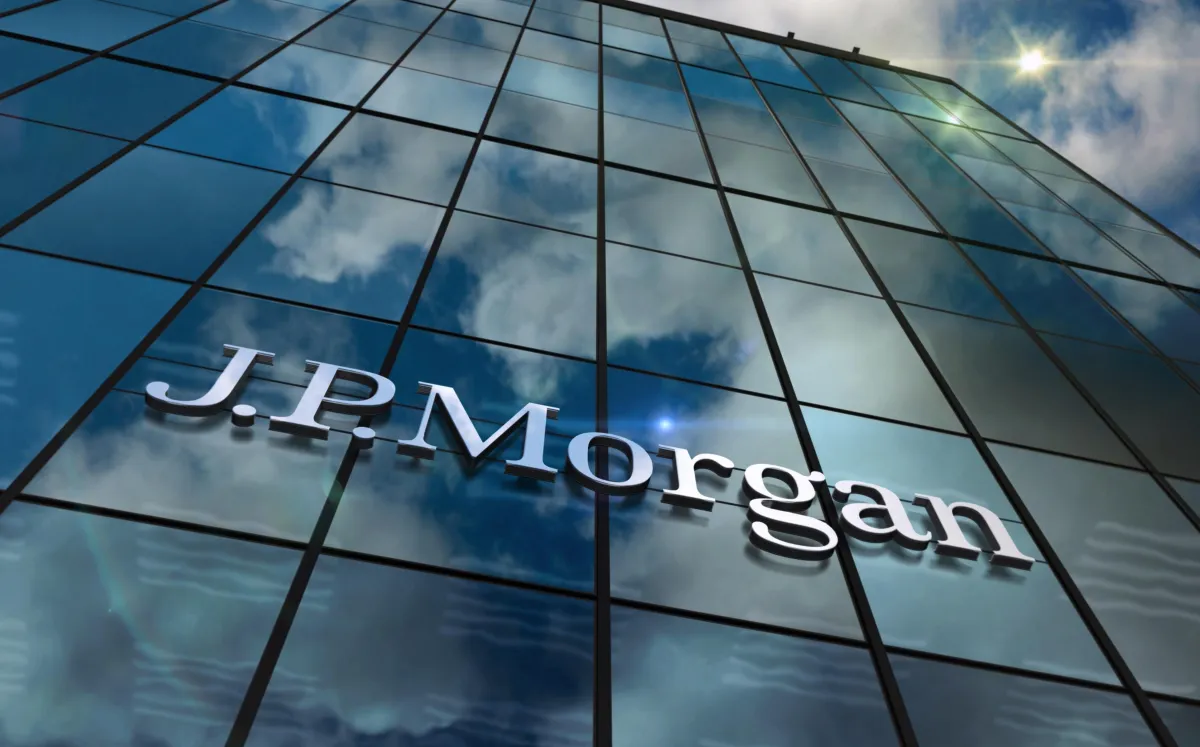
U.S. Tariffs Stoke Recession Fears: What Retirees Need to Know About Safeguarding Their Financial Legacy
As reported by Reuters on April 4, 2025, JPMorgan has sharply increased the probability of a global recession to 60%. This comes in response to the Biden administration’s newly imposed tariffs on Chinese imports—reviving trade tensions at a time when the global economy is already navigating inflationary pressures and interest rate uncertainty.
Let’s break it down: what does this mean for retirees, your nest egg, and your family’s financial future?
According to the article, the U.S. is placing fresh tariffs on critical sectors like green energy and consumer electronics, a strategic move aimed at containing China’s growing influence. But China’s response could be equally aggressive—and that's where the risk lies.
Key Economic Concerns:
Tariffs increase consumer prices. The cost of goods like electronics and appliances may rise, putting pressure on household budgets.
China may retaliate, sparking a full-blown trade war reminiscent of 2018-2019.
Investor confidence is already shaky. Market volatility is creeping upward, and equity markets are showing signs of stress.
Global trade is slowing down, and this is a warning bell for recession.
The markets are reacting to policy risk, not fundamentals. And that’s dangerous territory for anyone relying on traditional retirement investments like stocks or bonds.
We’ve seen this story before. During the Great Recession of 2008 and the COVID crash in 2020, retirees who were overexposed to equities suffered the most. Those who had diversified into precious metals fared better.
The Federal Reserve is walking a tightrope: do they cut interest rates to prevent recession and risk reigniting inflation? Or do they hold rates high and risk tipping the economy over the edge?
Either way, volatility is back—and that’s a direct threat to your legacy.
When central banks make conflicting moves, when trade wars escalate, and when global growth slows down, gold and silver don’t just survive—they thrive.
Gold has been a store of value for over 5,000 years. It's not just an asset—it’s a statement of security in unstable times.
Silver, meanwhile, has dual value: it’s both a monetary metal and an industrial metal. When inflation surges and industrial supply chains are disrupted, silver can serve as both a hedge and a growth opportunity.
Historical Perspective:
In 2008, gold surged as markets collapsed.
During 2020, while the Dow plunged, gold hit record highs.
In 2023, central banks bought record amounts of gold as geopolitical tensions rose.
For Retirees: This Isn’t Just About Money—It’s About Peace of Mind
If you’re between the ages of 55 and 75, you've likely spent decades working, saving, and investing to build something lasting. Maybe you’re thinking about what you’ll leave behind for your children and grandchildren.
But in times like these, the financial system doesn’t offer guarantees. Stocks crash. Currencies weaken. Governments make short-sighted decisions.
At Vault Metal, we believe that gold and silver offer something that Wall Street can't: peace of mind.
What Vault Metal Offers:
Gold and silver IRAs that protect your retirement savings.
Physical delivery for those who want tangible wealth in hand.
Legacy planning strategies to ensure your wealth is passed on, not taxed away.
One-on-one service that treats you like family, not a transaction.
Because it’s not just about how much you have—it’s about who you’re protecting.
The world’s largest bank is telling us that a recession is no longer a possibility—it’s a probability.
When that happens, people look for stability. For safety. For legacy.
And historically, they turn to gold and silver.
We invite you to do what smart families have done for generations: diversify with precious metals, protect what matters most, and start a conversation with a team that understands your values.

